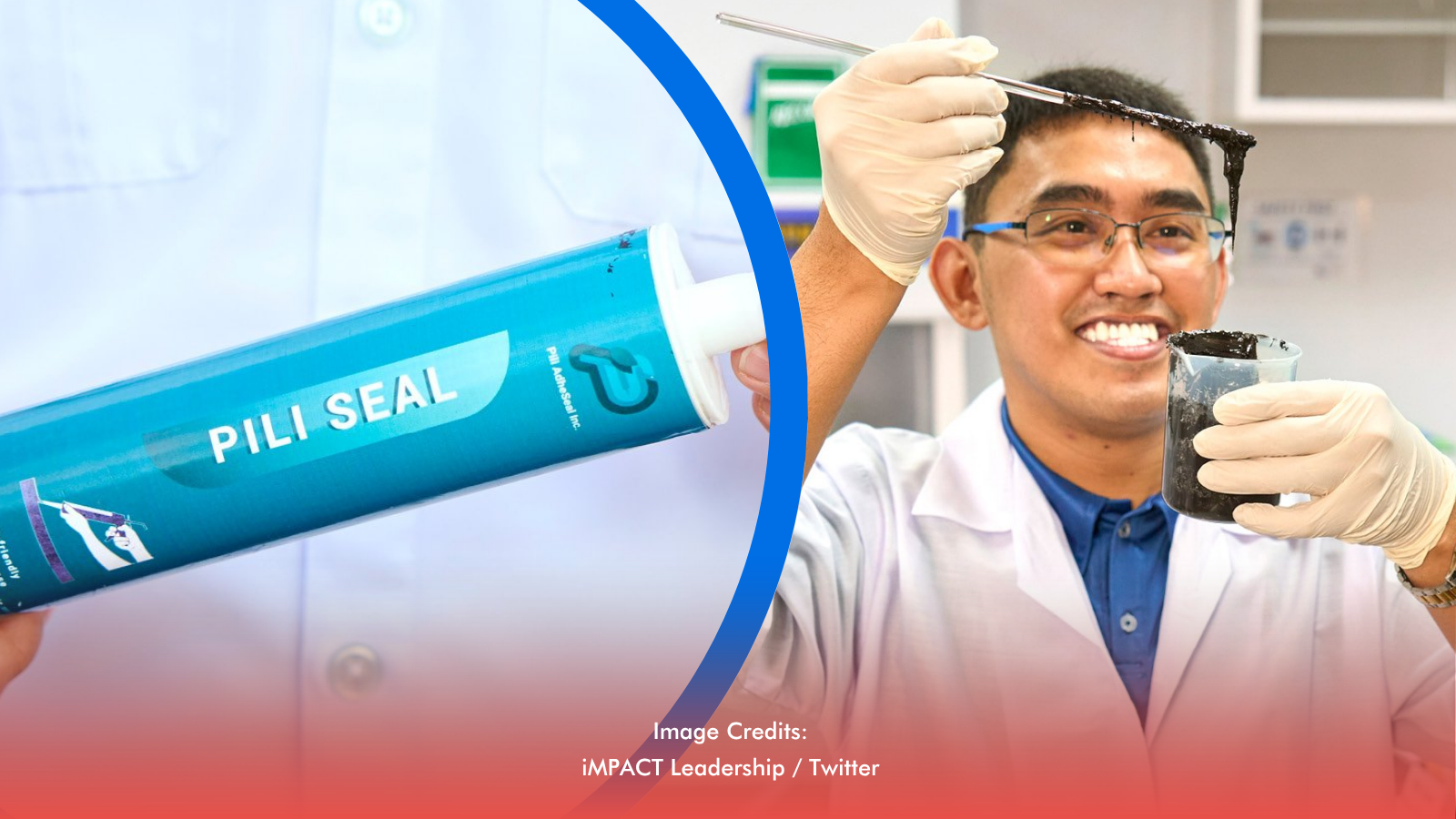A Filipino engineer is making waves on the global stage with a breakthrough invention that transforms agricultural waste into a high-performance industrial product.
Mark Kennedy Bantugon, 26, was named one of the 10 winners of the 2025 Young Inventors Prize by the European Patent Office for his invention called Pili Seal—an eco-friendly aircraft sealant and adhesive made from discarded pili tree resin.
From Local Waste to Global Innovation
Pili Seal is a two-part sealant designed to withstand heat, pressure, and fuel exposure, offering a sustainable alternative to traditional petrochemical-based products. Sourced from resin that’s typically thrown away by the food and fragrance industries, the innovation taps into the 155 million kilograms of pili resin waste generated annually in the Philippines.
Bantugon’s invention doesn’t just address aviation needs—it’s also poised for use in construction, marine, automotive, and defense industries.
Rooted in Heritage, Driven by Purpose
During the awards ceremony held on June 18 in Iceland, Bantugon shared that he tested 84 different formulas before perfecting Pili Seal. He also paid tribute to his parents—both farmers—whose presence at the event marked a full-circle moment. Their agricultural background inspired him to find value in local resources often overlooked.
“I chose pili resin because of its natural stickiness and fragrance,” Bantugon said, emphasizing the potential of Filipino ingenuity rooted in heritage and sustainability.
A Global Nod to Filipino Ingenuity
The Young Inventors Prize honors innovators under 30 whose work aligns with the United Nations Sustainable Development Goals (UN SDGs). Bantugon’s Pili Seal contributes to SDG 9: Industry, Innovation, and Infrastructure by offering a greener alternative to toxic materials. Selected from over 450 global entries, his win reflects how local solutions can address global challenges—and how Filipino talent continues to rise on the world stage.








